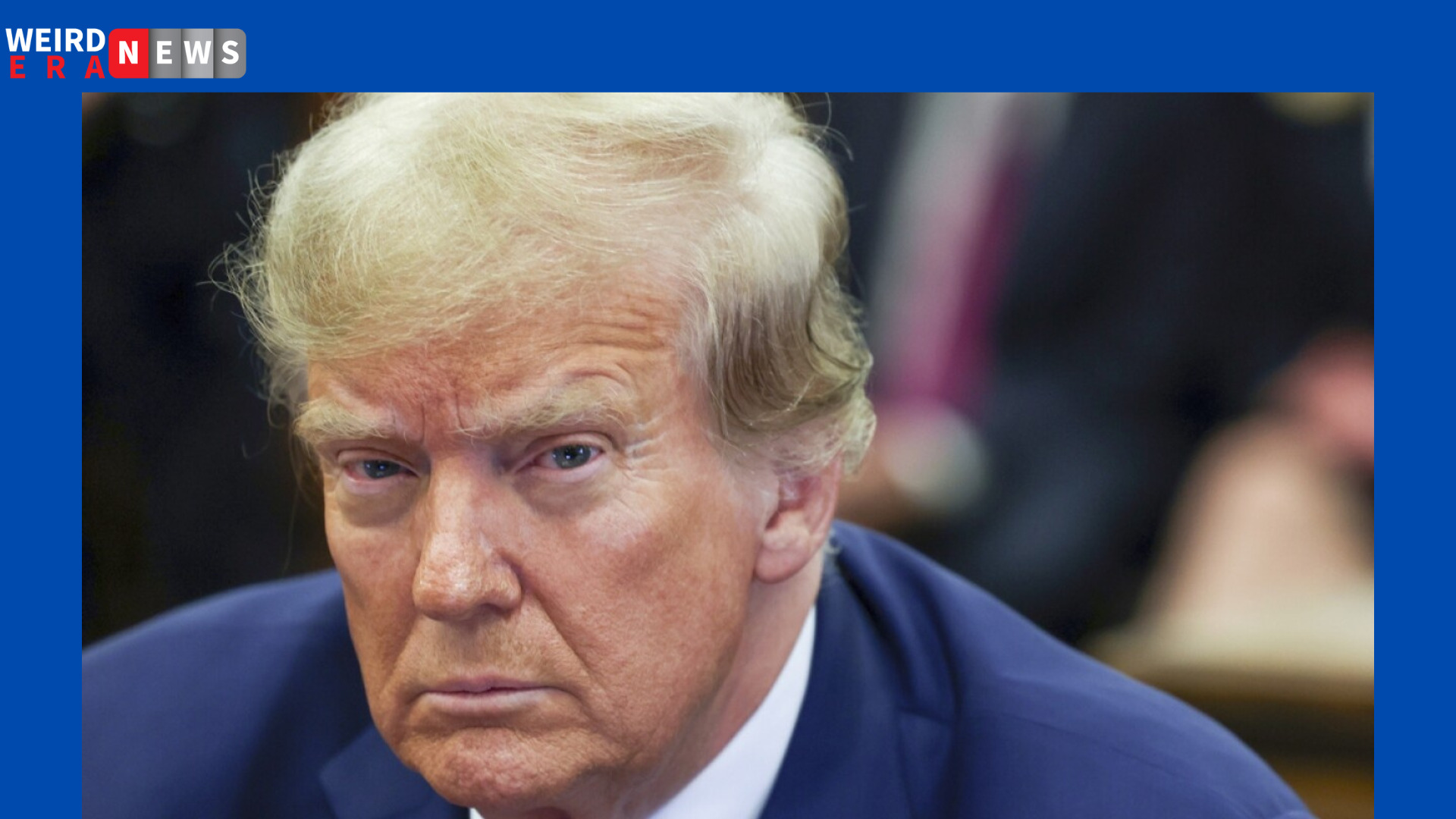Donald Trump’s attorneys claim he is unable to locate a private firm that would guarantee the $464 million (£365 million)
He is required to pay in a civil fraud action in New York, hence he is unable to obtain a $464 million bond in the case.
To proceed with his appeal, the former president needs to either obtain bail or pay the entire sum in cash.
Securing a bond that size, according to Mr. Trump, was “practically impossible”.
If he does not make the required payment, he may have to liquidate some of his real estate holdings.
A bonding corporation would guarantee the entire sum to the New York court in exchange for a fee.
If Mr. Trump is unable to pay and loses his appeal, they will be forced to do so.
The bond that was demanded of Mr. Trump, according to his statement, would be “impossible for any company, including one as successful as mine.”
“The bonding companies have never heard of such a bond, of this size, before,” he stated.
The Trump team’s attorneys stated in a court document that they had “countless hours negotiating with one of the largest insurance companies in the world” with the company.
That being said, they came to the conclusion that “very few bonding companies will consider a bond of anything approaching that magnitude”.
The attorneys said that despite approaching thirty companies, they had no luck.
Millions of dollars must also be paid in the lawsuit by Mr. Trump’s two oldest sons.
Judge Arthur Engoron of New York determined that Mr. Trump had fabricated assets in order to obtain better credit arrangements, and in addition to directing him to pay the fine, he also prohibited him from operating any enterprises in the state for three years.
A judge last month put a halt to Mr. Trump’s business prohibition, but he was not granted his request to post a $100 million lower bond to pay the fine.
A declaration from the president of a private insurance company stated that “simply put, a bond of this size is rarely, if ever, seen” in the most recent file made by the former president’s attorneys.
“In the unusual circumstance that a bond of this size is issued, it is provided to the largest public companies in the world, not to individuals or privately held businesses,” the attorneys added.
Former federal prosecutor Diana Florence stated that it is hard to foresee what will happen next for Mr. Trump given his unique legal circumstances. She added that fines of this kind are often applied to big businesses.
She noted that while his legal team has been appealing the decision through a game of delay, “he might be out of rope” at this point.
“He’s facing the very real possibility that the AG will begin to liquidate [his assets], and he’s really dependent on whether a court is willing to give him more time,” said Ms Florence.
Mr. Trump’s assets will be seized by New York’s attorney general if he fails to pay the fraud judgment.
Until he pays, interest on the penalty will accrue at a rate of at least $112,000 each day.
According to Mr. Trump’s attorneys, bond companies would only accept cash or “cash equivalents,” such as investments that may be promptly liquidated, as payment for the bond rather than “hard assets such as real estate as collateral.”
A Forbes assessment puts Mr. Trump’s net worth at roughly $2.6 billion. He claimed to have $400 million in liquid assets when he testified last year.
This $464 million verdict is hardly his only outlay. After losing a slander lawsuit against E Jean Carroll, a woman he was determined to have sexually assaulted, he was forced to pay $83 million in January. In that instance, he has already posted a bond.
In one of the four criminal charges that he is facing, Mr. Trump suffered another court setback on Monday.
In the case where he is accused of fabricating company documents to conceal a hush money payment, the former president tried to have two important witness testimonies blocked, but a New York judge rejected his request.
Judge Juan Merchan stated that Stormy Daniels, an adult film star, and Michael Cohen, the former attorney for Mr. Trump, would testify during the trial, which could start as early as April.

